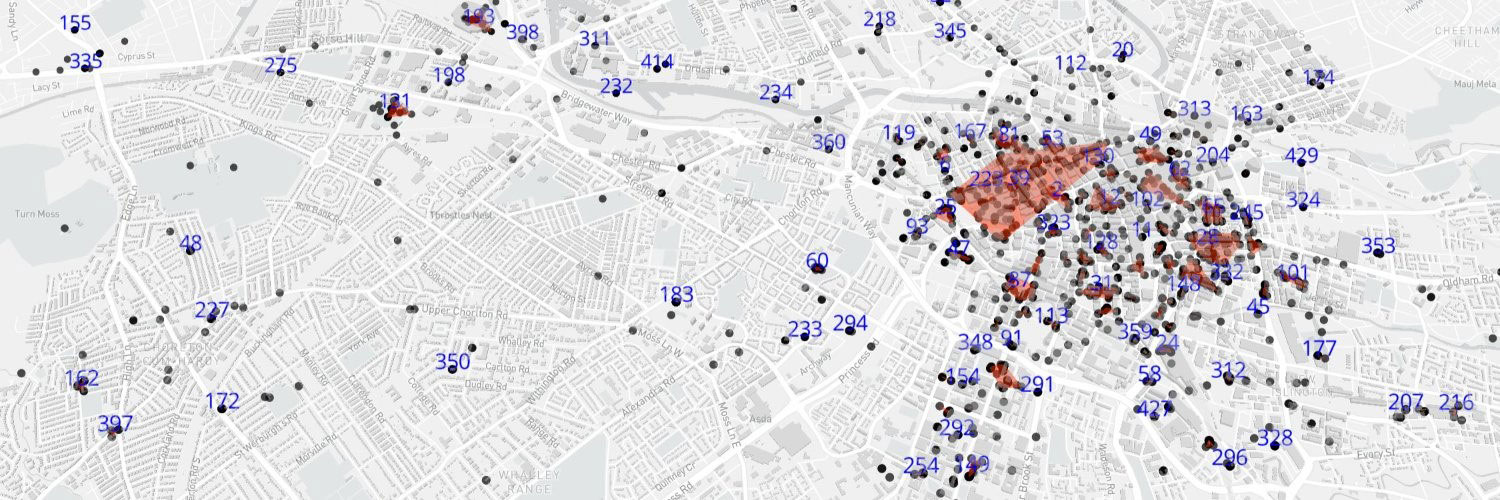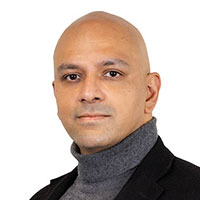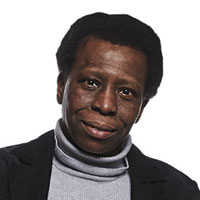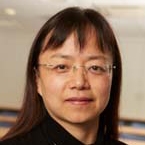Urban Morphology in the Big Data age: Exploring Aspects of Urban Form through Crowdsourced Urban Data
The recent emergence of urban big data sources are promising to revolutionise the way we plan, study, use and interact in cities. The advent of such data is transforming the data environment from data-scarce to data-rich, from aggregated to fine-grained, from semantically poor to rich, and to a focus on shorter time horizons providing an opportunity to explore faster dynamics. As a result, a new urban morphology research agenda is emerging in response to the growing availability of crowdsourced urban data, a subset of urban big data, providing a new lens for urban morphology research by utilising data collected through collaborative projects and social media platforms. However, urban big data research and urban morphology come from different disciplinary backgrounds. While urban big data research uses the methods of data science to investigate cities, urban morphology sits across and draws from disciplines such as architecture, planning and geography with distinct concept definitions that do not directly translate across. Therefore, this research begins by reviewing and bridging this gap, by developing an understanding of how concepts, data and methods of urban big data research relate to the aspects of urban form. Methodologically, this research seeks to develop an urban morphology analytical framework to compare and test aspects of urban morphology theory by collecting different types of crowdsourced urban data that describe urban morphology. An ongoing empirical exploration of how crowdsourced data can be linked and analysed to shed light on urban morphology on different spatial and temporal scales is investigated through the developed analytical framework in the Greater Manchester region. This research also overlaps with other research areas and topics such as smarter cities, urban design, mobility, urban planning and urban sustainable development.
Biography
Mahmud Tantoush is a PhD candidate at Manchester School of Architecture and researcher with the Complexity Planning and Urbanism research laboratory [CPU]Lab at the Manchester Metropolitan University. His PhD research analyses and links Volunteered Geographic Information and other forms of urban data to understand how cities function in relation to urban morphology on different temporal and spatial scales. His other roles at MMU includes being an Advanced Digital Design and computational design tutor for the MSA, as well as an Associate Lecturer. His interests lie in computational design (urban and architecture), smart cities, big data, urban morphology and complexity theories.





